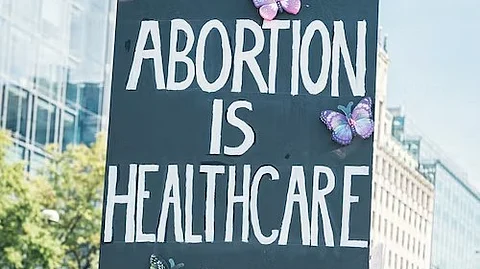As many as 95% of frontline health workers or accredited social health activists (ASHAs) were not aware of the law change. It is a worrying sign because these are the personnel who work at the grassroots and coordinate directly with the people. More than two-thirds of married women rely on these frontline workers for information on pregnancy or abortion.
The only way to educate people about abortion as a human right and abortion laws is to create awareness at the grassroots level.
Capacity building, training, and retraining of frontline workers should be carried out to update their knowledge on the subject. There should be health education sessions, lectures, counseling, roleplays, and mass media information for women to get information and inculcate behavioral change about abortion.
(Input from various media sources)


